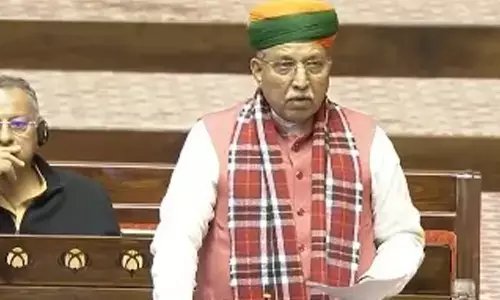Seeds of kindness: The importance of value education

Value education is all about shaping not just the minds but also the hearts of students. It gives them the tools to handle life’s ups and downs with a moral compass. By including value education in schools, we’re helping to ensure that our kids grow up to be not just smart, but also kind and responsible. It’s an investment in a future where our children contribute positively to the world around them
Value education isn’t just another school subject—it’s like planting seeds in a garden. These seeds grow into strong values, guiding students not only to do well in their studies but also to become kind, responsible people. It’s about more than just grades; it’s about shaping who they are as individuals.
So, when is the best time to start value education? The earlier, the better. Kids are like sponges in their early years, soaking up everything around them. Introducing value education in kindergarten and primary school helps these lessons stick. A study by the University of Notre Dame found that early value education boosts children’s emotional intelligence and social skills, making them more empathetic and well-adjusted as they grow up (Eisenberg et al., 2001).
But it’s not just for the little ones. As kids get older, especially during their teenage years, they face more complex challenges. Middle and high school students are figuring out who they are and making decisions that can affect their future. Value education helps them navigate these tough choices with a stronger moral compass. Research from the American Psychological Association shows that adolescents who participate in value-based programs are better at handling stress and making ethical decisions (Catalano et al., 2004).
So, what should value education cover?
There are a few key areas that are especially important:
1. Ethics and Morality
Teaching kids about right and wrong helps them understand the impact of their actions. For example, lessons on honesty and fairness can guide them to make better choices in their everyday lives.
2. Empathy and Respect
Encouraging students to think about others’ feelings and perspectives helps create a more supportive and caring environment. Studies have shown that programs focusing on empathy can reduce bullying and improve peer relationships (Jones et al., 2013).
3. Responsibility and Accountability
Teaching students about taking responsibility for their actions helps them understand the importance of being reliable and trustworthy. This can be as simple as owning up to mistakes and making amends.
4. Diversity and Inclusion
Exposing students to different cultures and backgrounds promotes acceptance and reduces prejudice. When students learn about diversity, they are more likely to respect and value people who are different from themselves.
5. Environmental Stewardship
Lessons on how our actions affect the planet help students develop a sense of responsibility toward the environment. This could be as simple as teaching about recycling or the impact of climate change.
Value education is all about shaping not just the minds but also the hearts of students. It gives them the tools to handle life’s ups and downs with a moral compass. By including value education in schools, we’re helping to ensure that our kids grow up to be not just smart, but also kind and responsible. It’s an investment in a future where our children contribute positively to the world around them.














